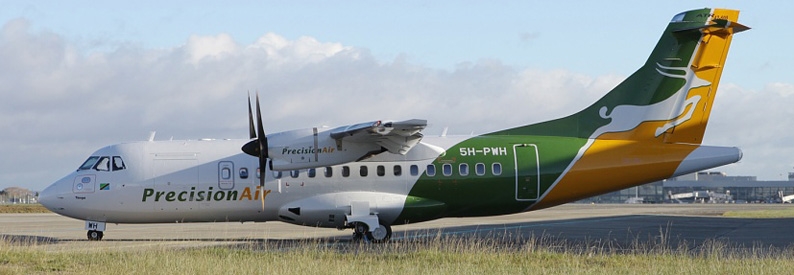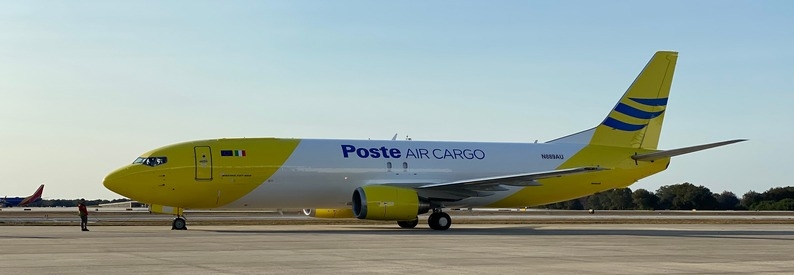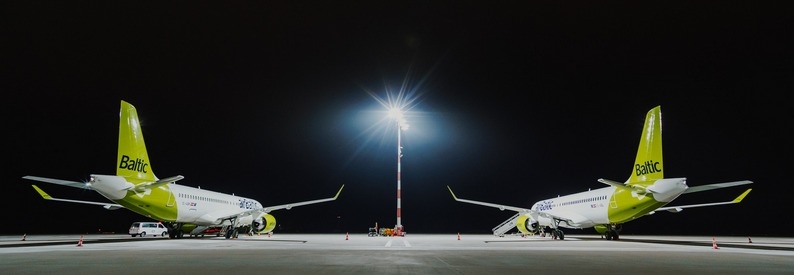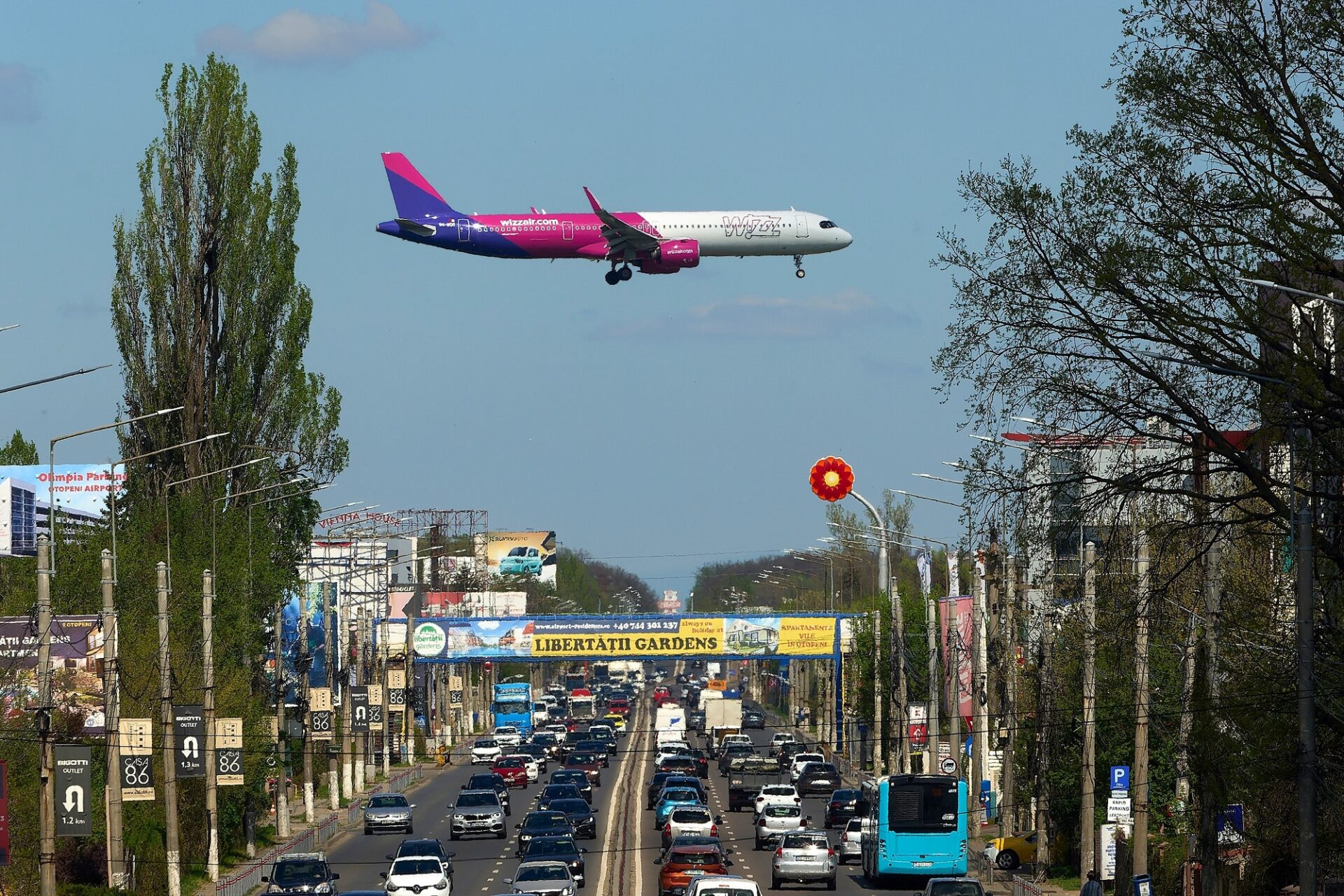In the dynamic and often challenging world of aviation, the story of Tanzania’s Precision Air serves as a compelling example of resilience and strategic growth. Despite recent setbacks, Precision Air is showing clear signs of recovery, a development that holds significant implications for the global aviation industry, including its impact on Mexican aviation enthusiasts and professionals.
Precision Air, founded in 1991 and based in Dar es Salaam, Tanzania, has been a pivotal player in East African aviation. The airline has navigated through various challenges, including financial difficulties and operational adjustments, yet it continues to demonstrate a strong commitment to safety, reliability, and customer satisfaction. For Mexican aviation enthusiasts, understanding the trajectory of Precision Air offers valuable insights into the complexities and opportunities within the international aviation sector.
In recent months, Precision Air has taken several key steps to bolster its operations and expand its services. One of the most significant developments was the introduction of a new ATR 72-500 aircraft to its fleet in October 2023. This addition not only enhances the airline’s capacity to meet the increasing demand for air travel during peak seasons but also underscores its dedication to providing top-notch service.
The new ATR 72-500, with its 72 comfortable seats, is well-suited for the geographical and infrastructural realities of the region. This investment aligns with Precision Air’s broader strategy to diversify its fleet and improve its operational efficiency. According to Patrick Mwanri, the Group Managing Director and CEO of Precision Air, the decision to invest in another ATR aircraft is based on its adaptability to the distinct environmental conditions of Tanzania and its diverse destinations.
Furthermore, Precision Air has recently announced the launch of new flight services to Iringa, starting March 3, 2025. This new route will operate three times a week, connecting Iringa with key cities like Dar es Salaam and Dodoma, thereby enhancing regional connectivity and supporting economic growth in the region. This expansion reflects the airline’s commitment to providing reliable and affordable air transport services to communities across Tanzania.
Precision Air’s recovery and expansion plans are not isolated events but part of a larger narrative within the aviation industry. The airline’s focus on safety and reliability is exemplified by its status as the first Tanzanian airline to pass the IATA Operational Safety Audit in 2006. This certification has been crucial in building trust among passengers and stakeholders.
Historically, Precision Air has faced significant challenges, including financial difficulties stemming from operations in South Africa that ended in 2012. However, the airline has consistently adapted and evolved, reflecting its resilience in the face of adversity. The current ownership structure, with Kenya Airways holding a 41.23% stake, adds a layer of stability and strategic support to the airline’s operations.
From a technical and analytical perspective, the choice of ATR aircraft by Precision Air is strategic. These turboprop planes are ideal for short to medium-haul flights and are well-suited for the regional aviation landscape in East Africa. This focus on regional connectivity not only supports local economic development but also aligns with global trends in aviation, where regional airlines play a crucial role in connecting communities and facilitating trade.
The recovery and expansion of Precision Air are significant milestones that resonate beyond the borders of Tanzania. For Mexican aviation enthusiasts and professionals, this story highlights the importance of adaptability, safety, and customer satisfaction in the aviation industry. As Precision Air continues to enhance its services and expand its network, it sets a precedent for other regional airlines to follow.
The impact of Precision Air’s recovery on the global aviation sector is multifaceted. It underscores the potential for regional airlines to drive economic growth and connectivity, even in challenging environments. For Mexico, this serves as a reminder of the importance of investing in aviation infrastructure and services that cater to both domestic and international needs.
In conclusion, the story of Precision Air is one of resilience and strategic growth, offering valuable lessons for the aviation industry worldwide. As we reflect on these developments, it is clear that the future of aviation is not just about recovery but about continuous innovation and adaptation to meet the evolving demands of a globalized world.






Deja una respuesta